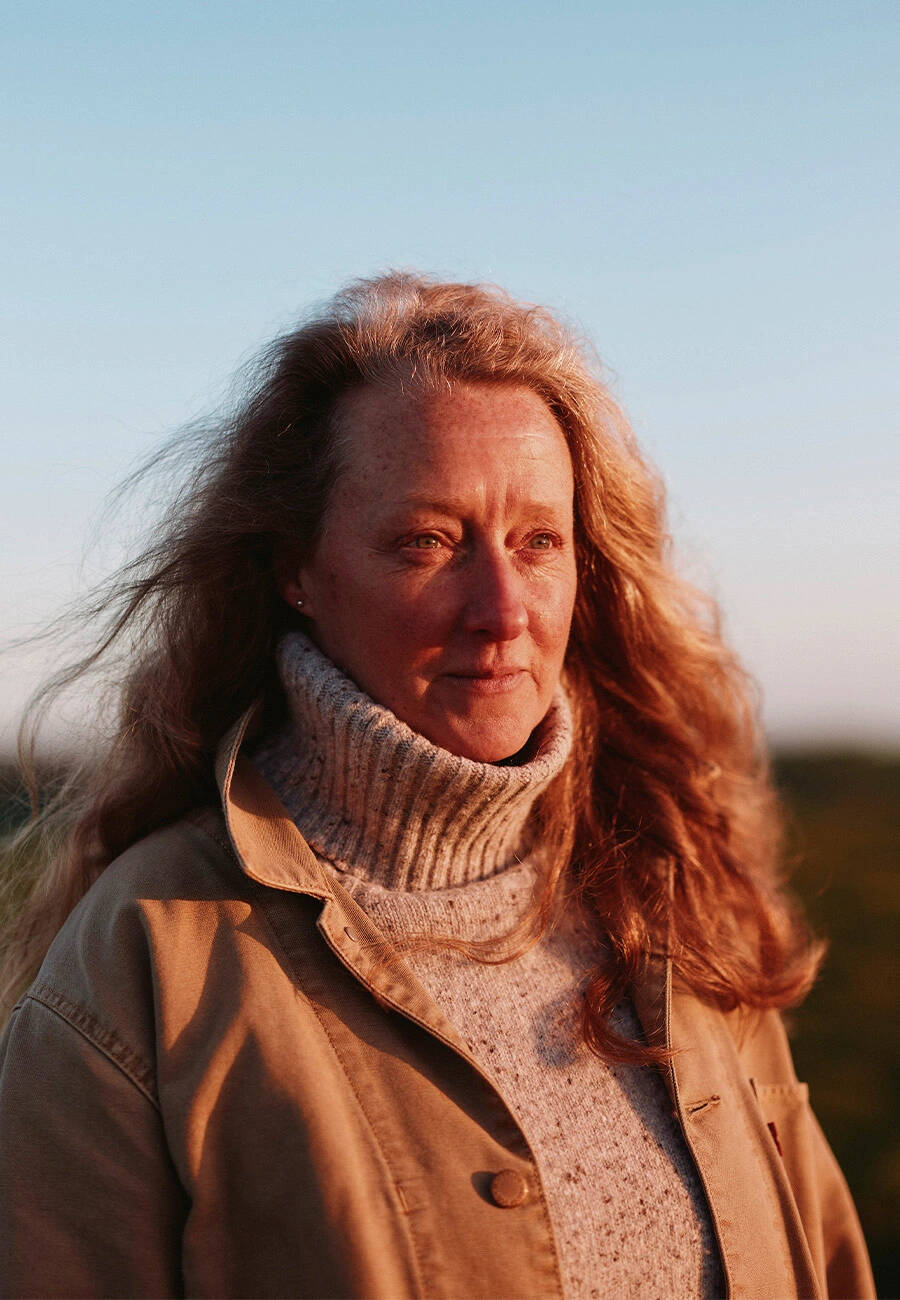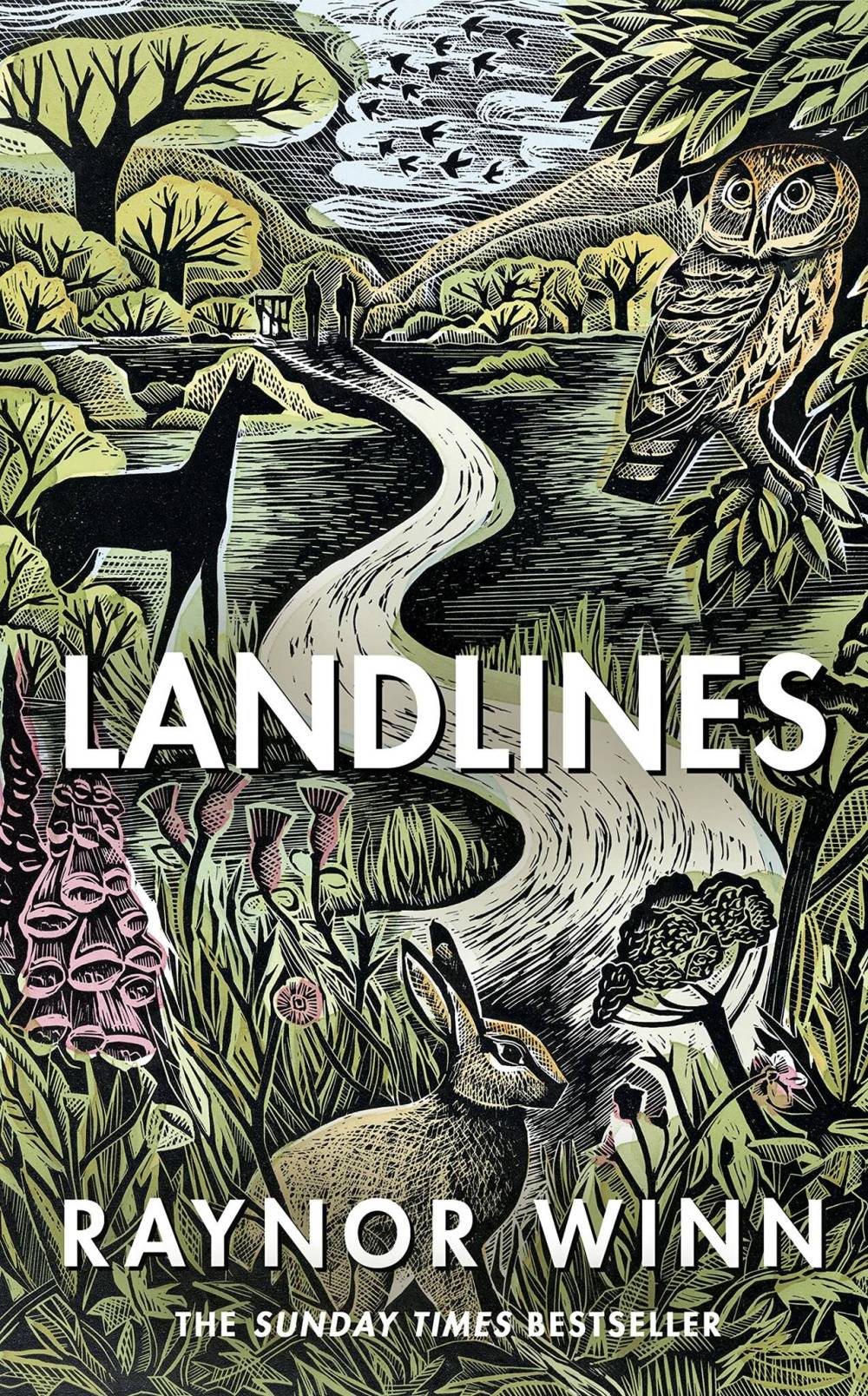Off the beaten path
Pandemic, husband’s poor health sends U.K. couple back to walking trails
Advertisement
Read this article for free:
or
Already have an account? Log in here »
To continue reading, please subscribe:
Monthly Digital Subscription
$0 for the first 4 weeks*
- Enjoy unlimited reading on winnipegfreepress.com
- Read the E-Edition, our digital replica newspaper
- Access News Break, our award-winning app
- Play interactive puzzles
*No charge for 4 weeks then price increases to the regular rate of $19.00 plus GST every four weeks. Offer available to new and qualified returning subscribers only. Cancel any time.
Monthly Digital Subscription
$4.75/week*
- Enjoy unlimited reading on winnipegfreepress.com
- Read the E-Edition, our digital replica newspaper
- Access News Break, our award-winning app
- Play interactive puzzles
*Billed as $19 plus GST every four weeks. Cancel any time.
To continue reading, please subscribe:
Add Free Press access to your Brandon Sun subscription for only an additional
$1 for the first 4 weeks*
*Your next subscription payment will increase by $1.00 and you will be charged $16.99 plus GST for four weeks. After four weeks, your payment will increase to $23.99 plus GST every four weeks.
Read unlimited articles for free today:
or
Already have an account? Log in here »
Hey there, time traveller!
This article was published 07/01/2023 (1067 days ago), so information in it may no longer be current.
“It is solved by walking.” —Diogenes, Greek philosopher (412–323 BC)
Fans of The Salt Path will be delighted to embark on yet another hiking adventure with U.K. nature writer Raynor Winn and her courageous husband Moth.
In Winn’s first book, The Salt Path, she recounts how she and Moth suffered a series of setbacks that would leave most people flat on their backs. They lost their farm, which was also their livelihood, and Moth received a fatal health diagnosis.

Stuart Simpson photo
Author Raynor Winn
Yet the plucky, late middle-aged couple still laced-up their hiking boots and hit the U.K. hiking trail. Under-financed, homeless and in need of a new direction, they traversed the South West Coast Path (1010 km), “wild camped” in a tent and lived on just £40 ($66) a week.
Their long walk proved the perfect tonic: Moth’s health slowly improved and their low moods lifted, thanks to fresh air and exercise. When their hike concluded, the couple found affordable housing and Raynor pounded out a book.
In September 2019, The Salt Path was the number one bestseller in U.K. independent bookstores. The hiking memoir catapulted Winn from her life as one half of a late middle-aged homeless couple to a famous citizen of Cornwall in southwest England.
The Wild Silence took the intrepid hiking couple next to Iceland. Landlines, the third installment in the successful memoir series, continues their story, as the U.K. languishes in pandemic lockdown. The protracted, sedentary lifestyle of containment has placed Moth back in fragile health, so Raynor proposes a restorative hike with the hope that his health will rebound with excessive exercise.
The couple starts in northern Scotland and undertakes a long journey back to their home in Cornwall. As they navigate Scotland’s Sheigra Trail, enthusiastic hikers of all ages greet them with the same book suggestion: “Have you read The Salt Path? It’s a must read,” they tell Raynor.
Sometimes Winn owned up to her identity, and with others she just smiled to herself. Winn’s hiker-readers effusively recommend her stellar tome as “life-changing.”
At first, Landlines readers might worry that this hike is not the right prescription for Moth. He’s tired and the long days take their toll. For her part, Raynor’s feet are blistered and bleeding since her poor choice of hiking boots bite into her every step.
Every day presents fresh challenges — such as biting midges and pouring rain — in addition to their constant foot pain. Yet the couple persists. Since Moth’s recent decline in health, they have nothing to lose. It’s kill or cure for the hardy Winns.
Throughout the long hike, Raynor shares her doubts and fears about Moth’s health. Is this hike too much? Will Moth’s debilitating illness eventually catch up to them? These questions drive along the compelling narrative that also includes sombre meditations on climate change, pesticides and homelessness.

Landlines
Winn is fearlessly authentic in her creative choices. In The Salt Path, she successfully faced down homelessness and grappled with Moth’s mortality. In Landlines, no subject is too grim to escape her analysis. It makes for a riveting read.
“Walking can’t solve everything,” Winn writes. “It can give you the time to work through issues or put them out of your mind for a while, it can give you perspective and space, but some things need to be faced before they can be resolved.” It’s this hard-won wisdom that draws readers to Raynor Winn’s memoirs.
In the last third of Landlines, Raynor spots an elusive kingfisher flying along the River Wye. It’s a good omen. Kingfishers are symbols of freedom, courage, adventure and balance, the perfect spirit animal for their audacious journey.
At its core, Landlines is a story of hope — but not the easy kind of hope. It’s hope that springs from the worst kind of adversity.
Read Landlines. It will restore your flagging faith. Raynor Winn’s authentic stories of her walking adventures will have you digging out your old hikers and finding your own stride.
Patricia Dawn Robertson is an avid hiker and memoir writer.

